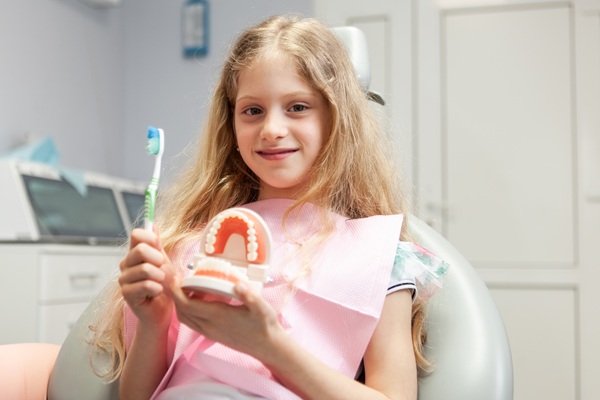Teeth Grinding Solutions: Night Guards, Splints, and Stress Relief

Teeth grinding solutions are essential for managing bruxism in children, a condition that causes unintentional clenching or grinding of the teeth, often during sleep. While some cases may resolve on their own, chronic or severe grinding can lead to damaged teeth, jaw pain, headaches, and disrupted sleep. Understanding available teeth grinding solutions can help protect your child’s oral health and overall well-being.
Night guards and splints for protection
Custom night guards and splints are among the most effective solutions for children who grind their teeth. These dental appliances are worn over the teeth during sleep to cushion the bite and prevent tooth wear. Night guards typically consist of soft or dual-laminate materials, which provide both comfort and durability. Splints, which may be slightly firmer, are designed to stabilize the jaw and limit muscle activity.
Both devices are custom-made using impressions of the child's teeth, ensuring a precise fit and better protection than over-the-counter options. Pediatric dentists may recommend night guards or splints for children who experience:
- Worn or chipped teeth
- Morning jaw soreness or headaches
- Noisy grinding is heard during sleep
Fitting a child with a custom guard also helps prevent the long-term complications of bruxism, such as enamel loss or tooth misalignment.
Stress relief and behavioral support
In many cases, pediatric bruxism is linked to stress, anxiety, or changes in routine. Emotional or psychological stress can trigger muscle tension, which in turn can lead to teeth grinding during sleep. Incorporating stress relief into daily habits is a supportive way to manage bruxism and is often recommended in conjunction with physical appliances.
Common behavioral teeth grinding solutions include:
- Establishing a calming bedtime routine
- Limiting screen time before bed
- Practicing relaxation techniques such as breathing exercises
- Encouraging open conversation about school or social concerns
A pediatric dentist may also collaborate with a child psychologist or behavioral specialist if anxiety-related grinding continues. Addressing the root cause of stress not only improves sleep but also reduces the need for long-term appliance use.
When to seek professional care
Parents should consult a pediatric dentist if they notice consistent teeth grinding, especially if it is accompanied by jaw pain, facial tension, or tooth damage. Early intervention enables personalized treatment, including recommendations for monitoring, protective appliances, or referrals to other specialists.
Not all children with bruxism will require active treatment. Some individuals may naturally outgrow the habit, especially if it is mild and does not cause complications. However, periodic evaluation remains important to track changes over time.
Visit a professional for bruxism
Teeth grinding solutions such as custom night guards, splints, and stress relief strategies can significantly reduce the effects of bruxism in children. With the help of a pediatric dentist, parents can choose the best approach to protect their child’s smile and support healthy development. For more information or to schedule a consultation, call Elevate Kids Dental at (714) 888-4980.
To schedule a consultation, request an appointment on our website at https://www.elevatekidsdental.com or call Elevate Kids Dental at (714) 888-4980 for an appointment in our Fullerton office.
Check out what others are saying about our services on Yelp: Read our Yelp reviews.
Related Posts
Your child's teeth will develop and change as they age. Likewise, the kind of dental care they need will change over time. The adult teeth may not develop properly without proper oral care, leading to gum disease and decay problems. Talking to a pediatric dentistry professional and asking the appropriate questions may help better care…
Your pediatric dentistry professional can check your child’s teeth and gums during regular visits. Seeing this dental care provider can also teach you and your child important terms to remember. Each checkup presents an opportunity to ask your dentist for guidance. If you want to know more about oral hygiene, here are some questions to…
If you have a baby who is teething, knowing some pediatric dentistry care tips can be helpful. Your child may experience some distress at this period. An infant's gums swell and become tender as their first teeth emerge. This article covers some of the remedies you might get from a pediatric dental professional to relieve…
Teeth grinding solutions matter when nighttime clenching or grinding begins to wear down a child's teeth, trigger jaw soreness, or disrupt sleep. Many parents notice flattened edges, chipped enamel, or morning headaches without realizing grinding can play a role. Fortunately, a pediatric dentist can confirm whether bruxism (teeth grinding) is present and whether treatment is…
